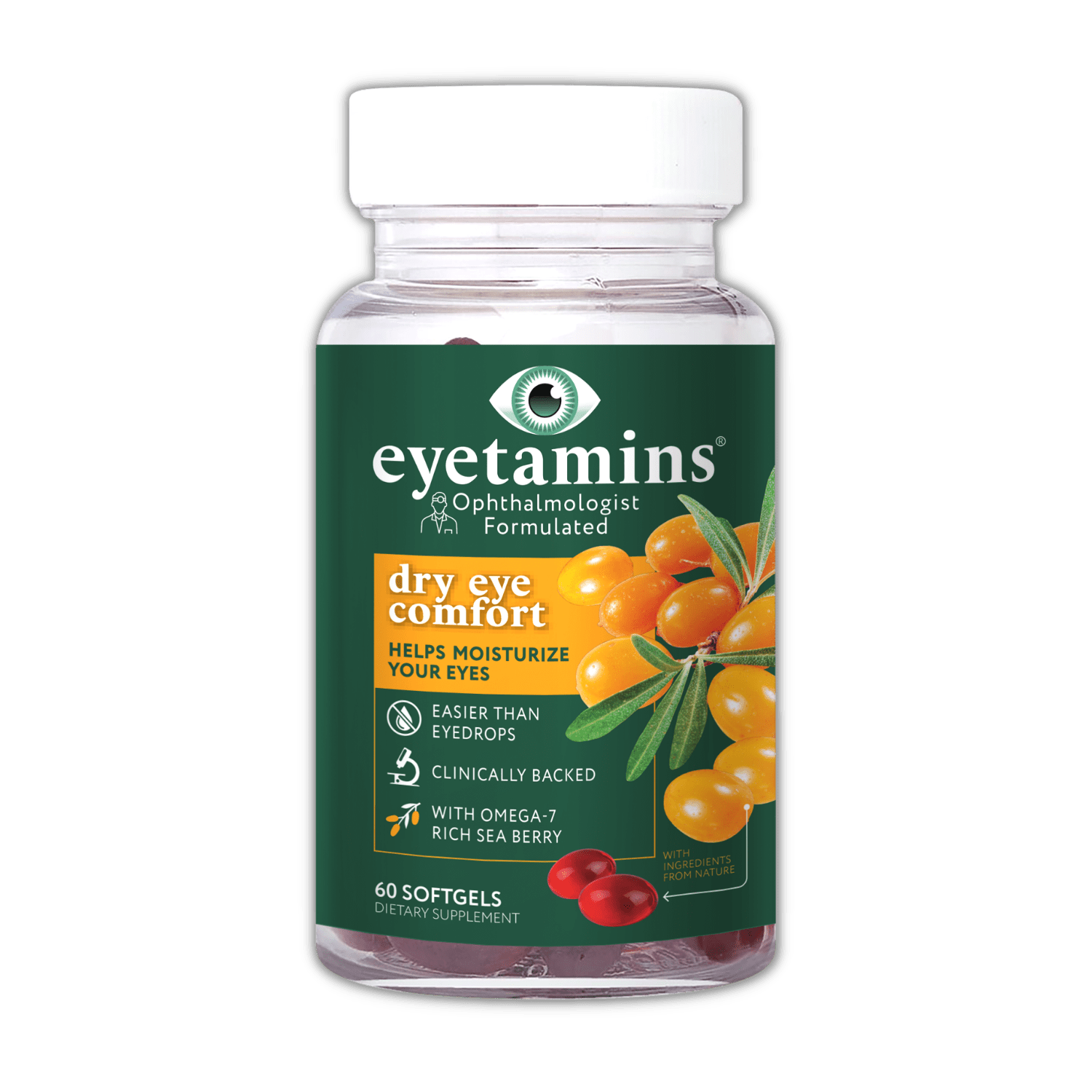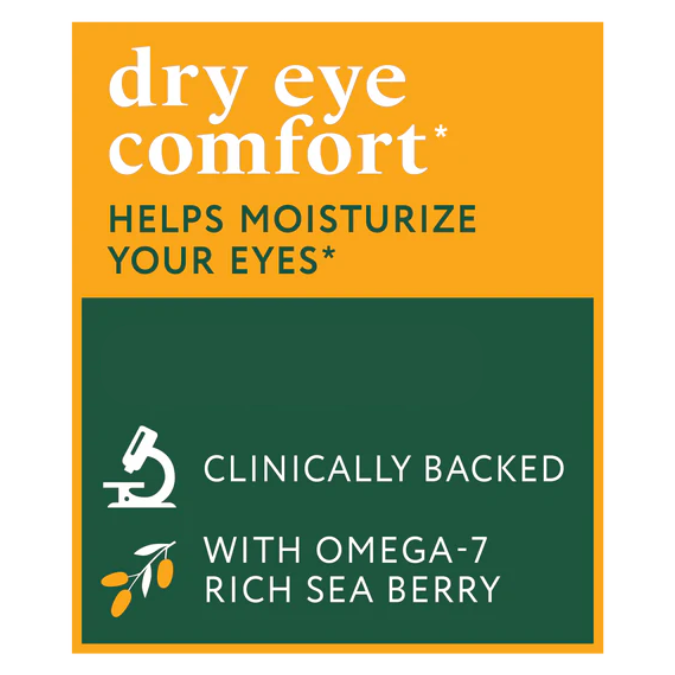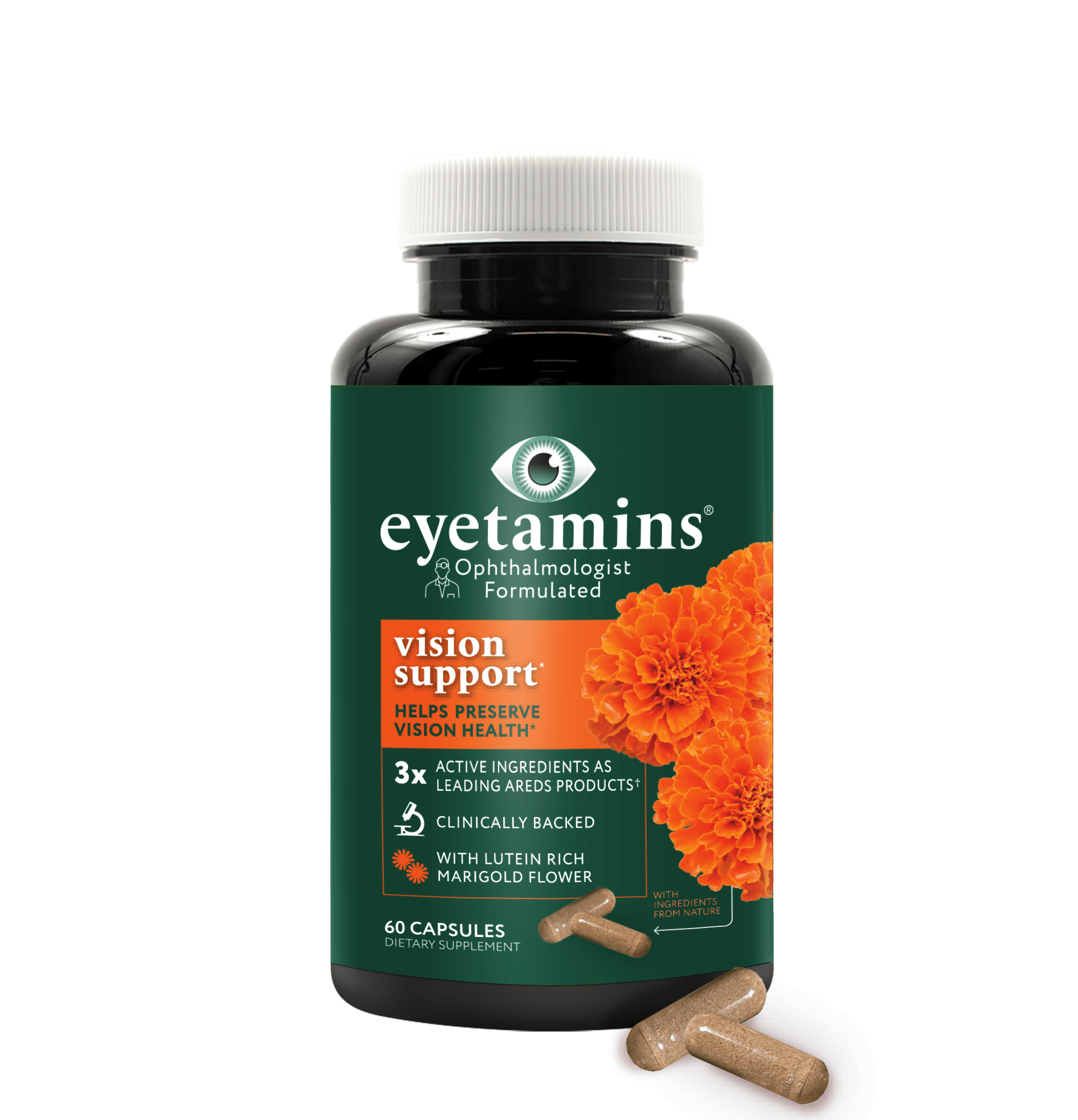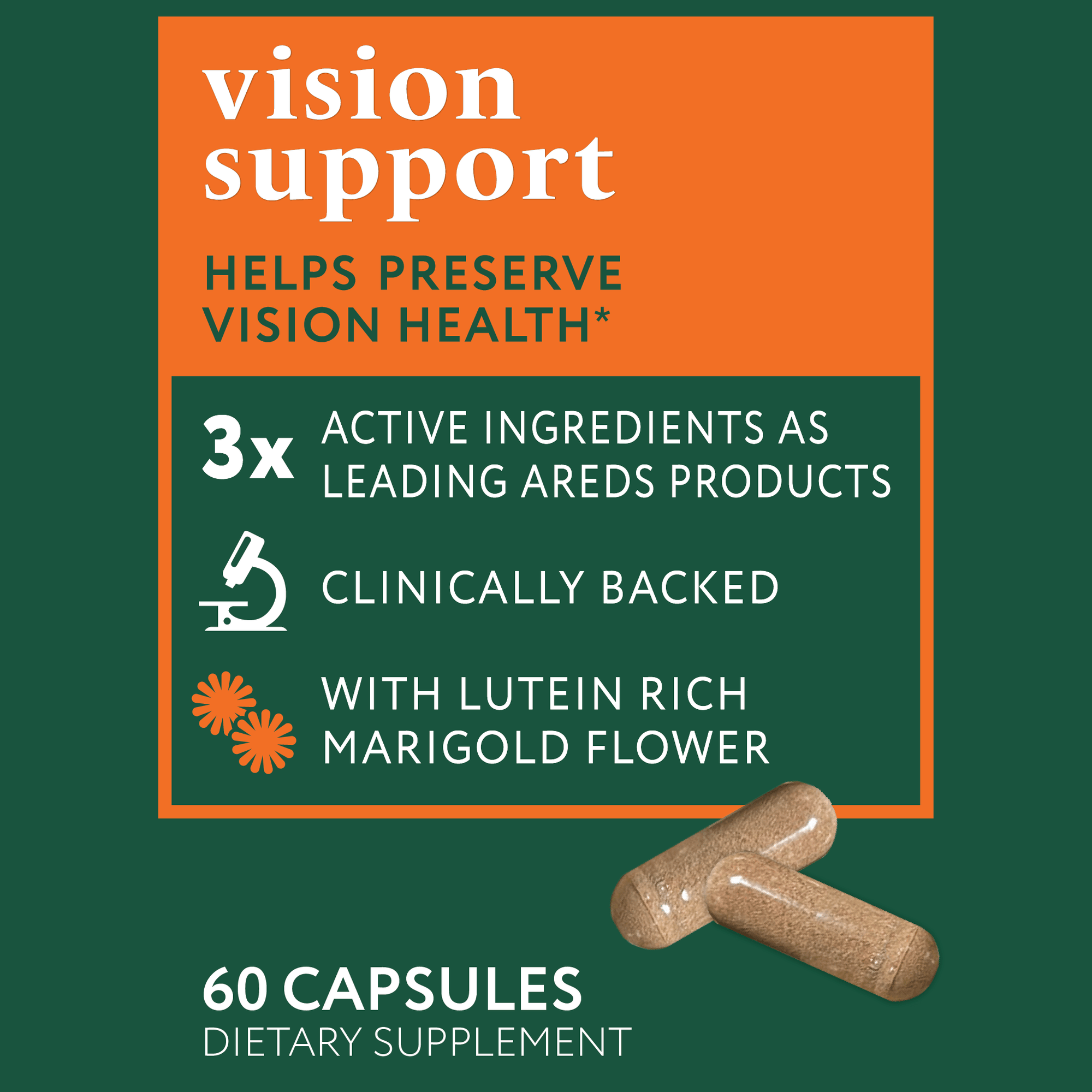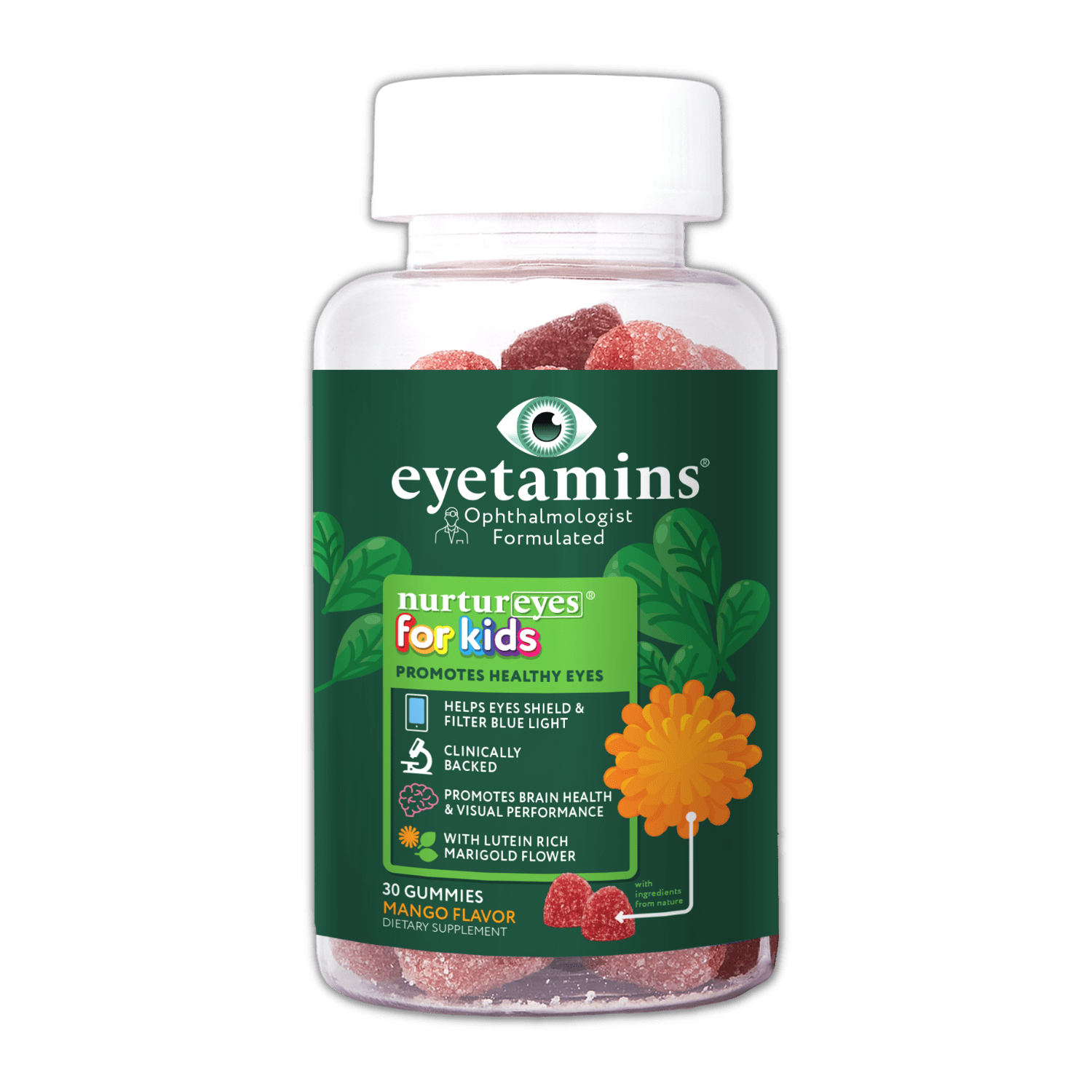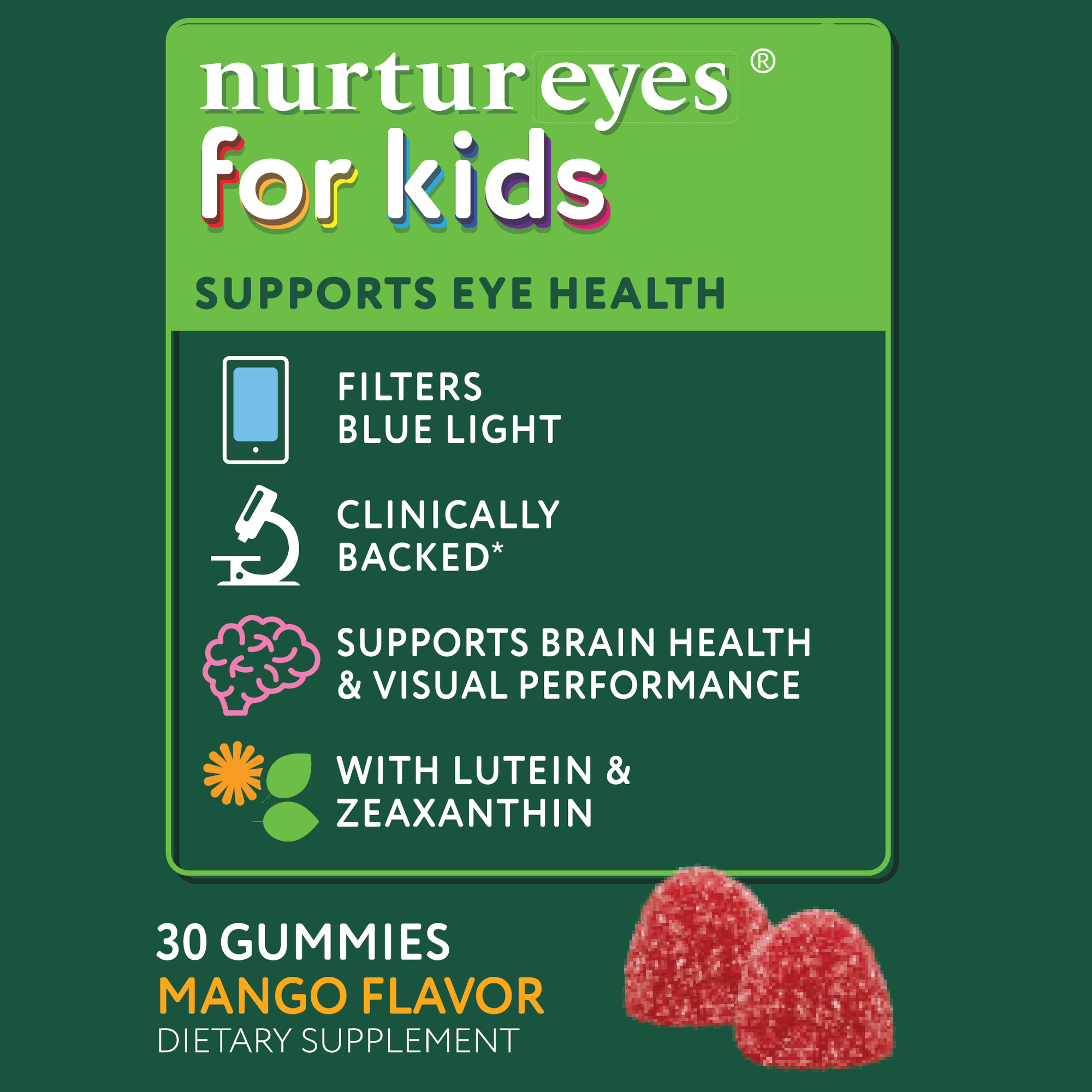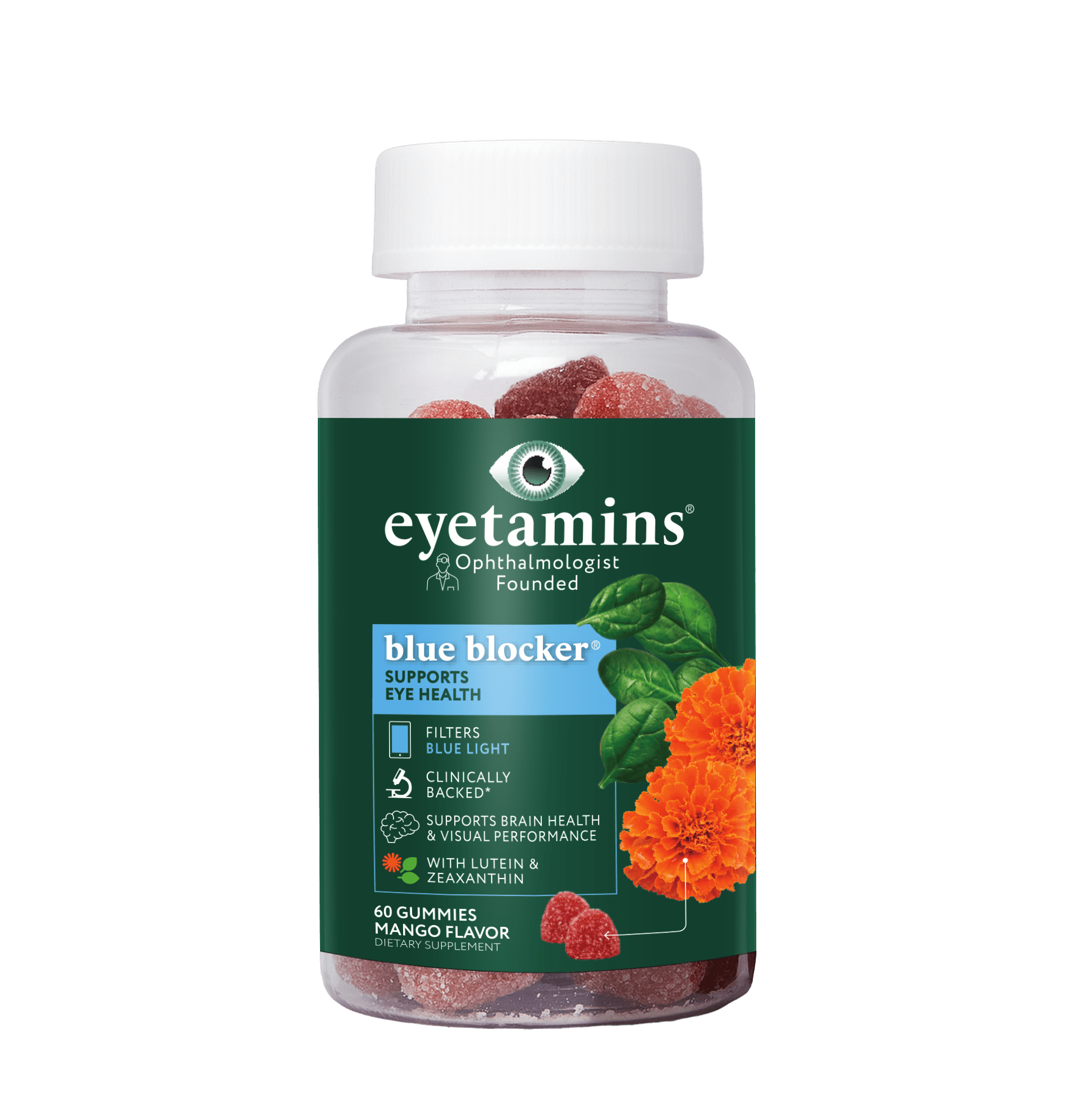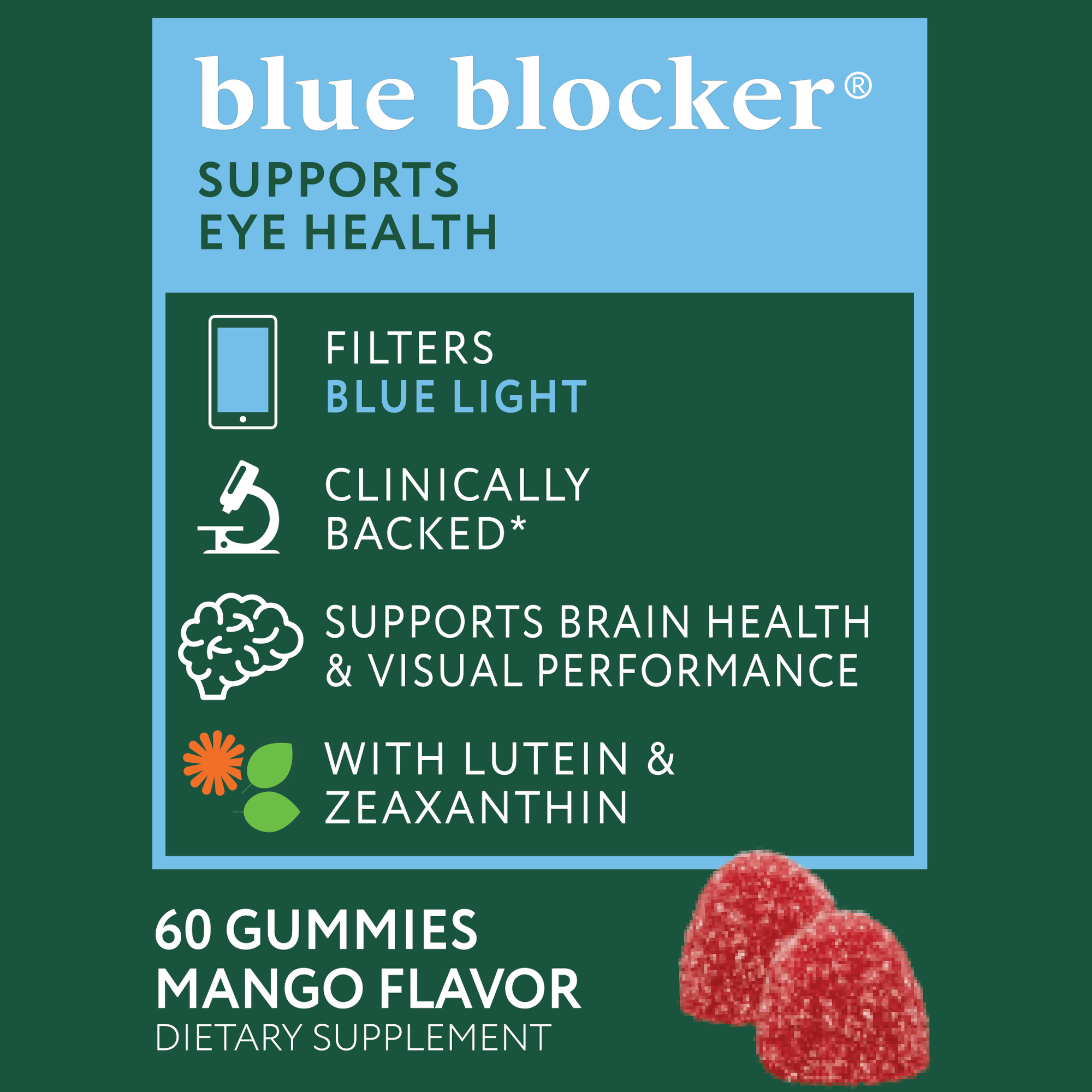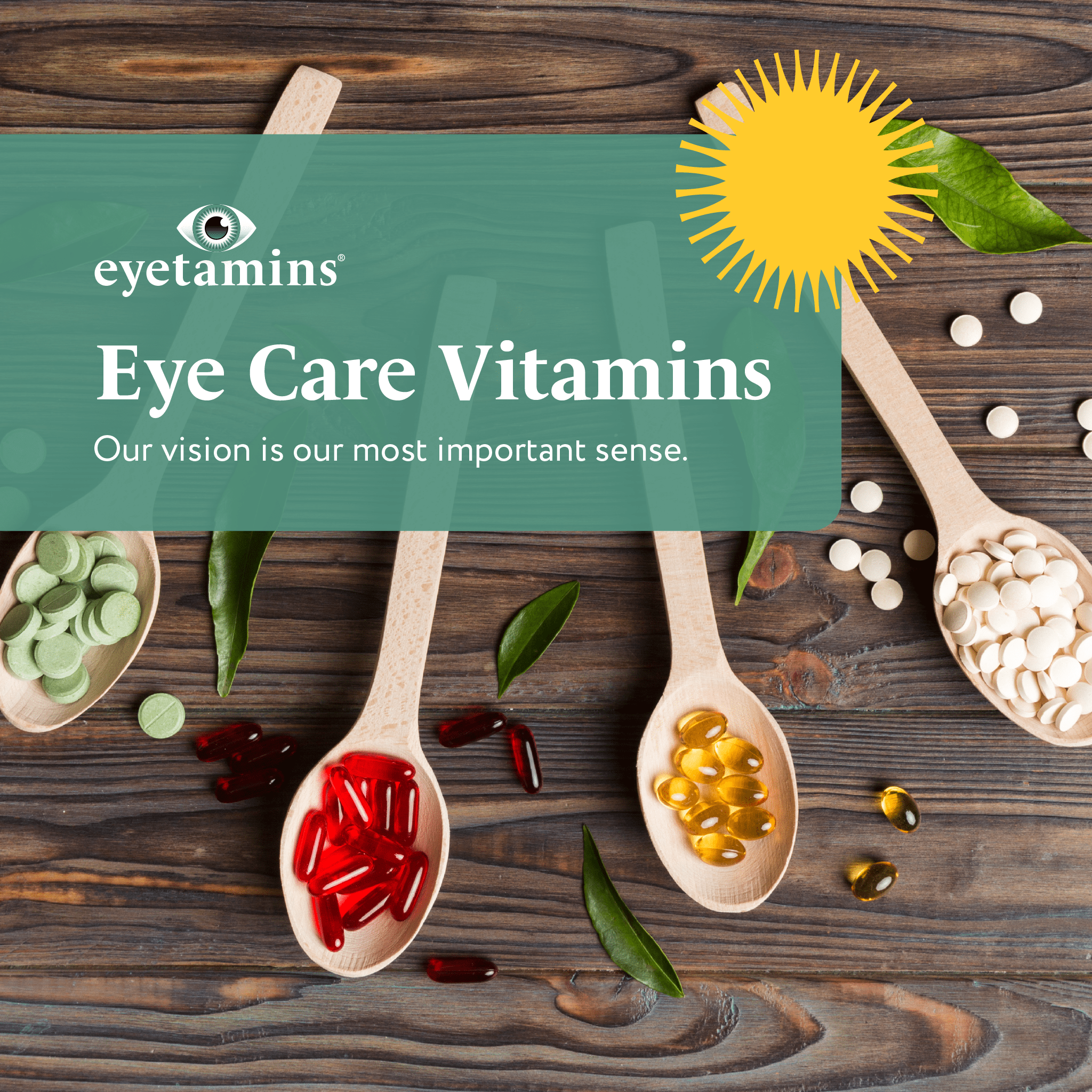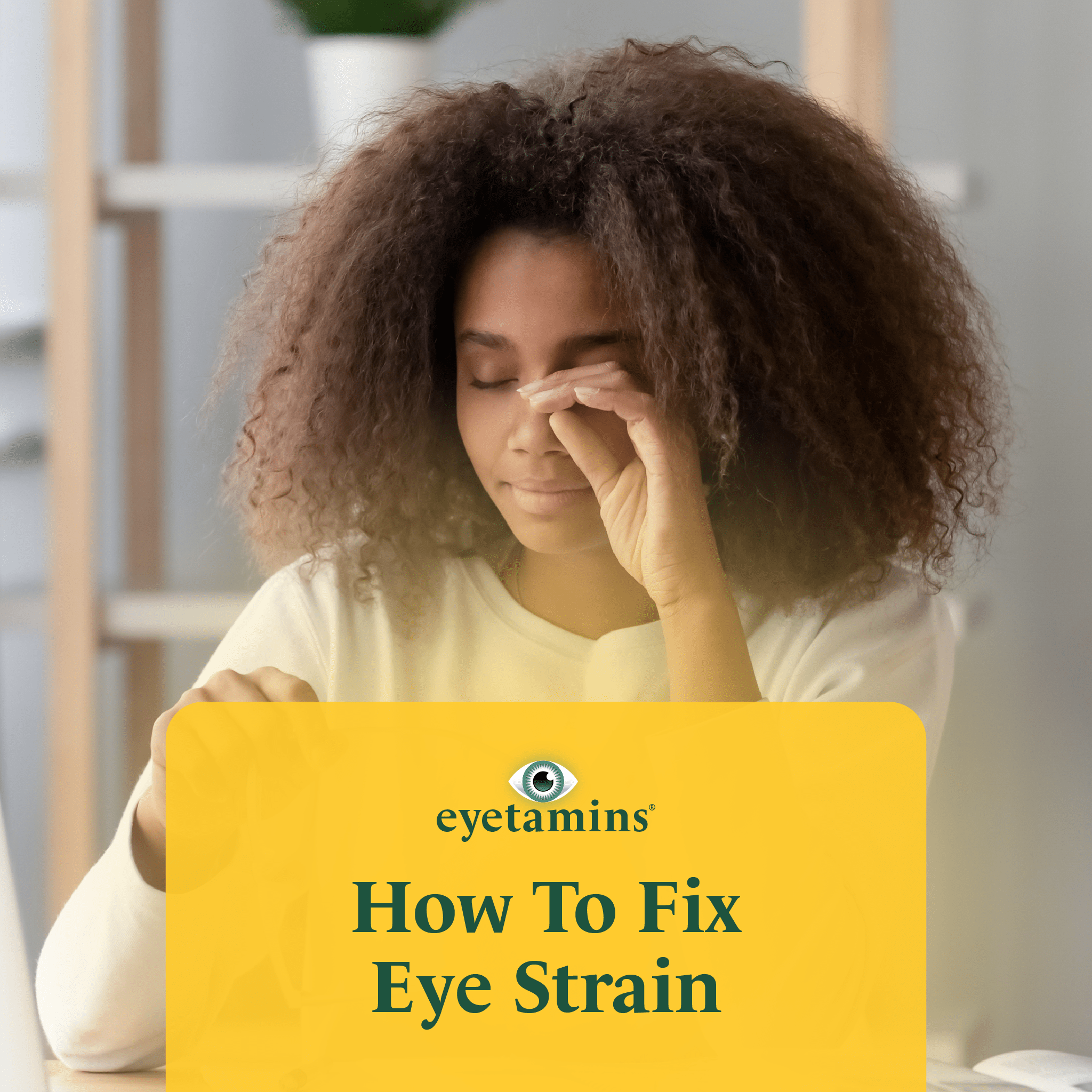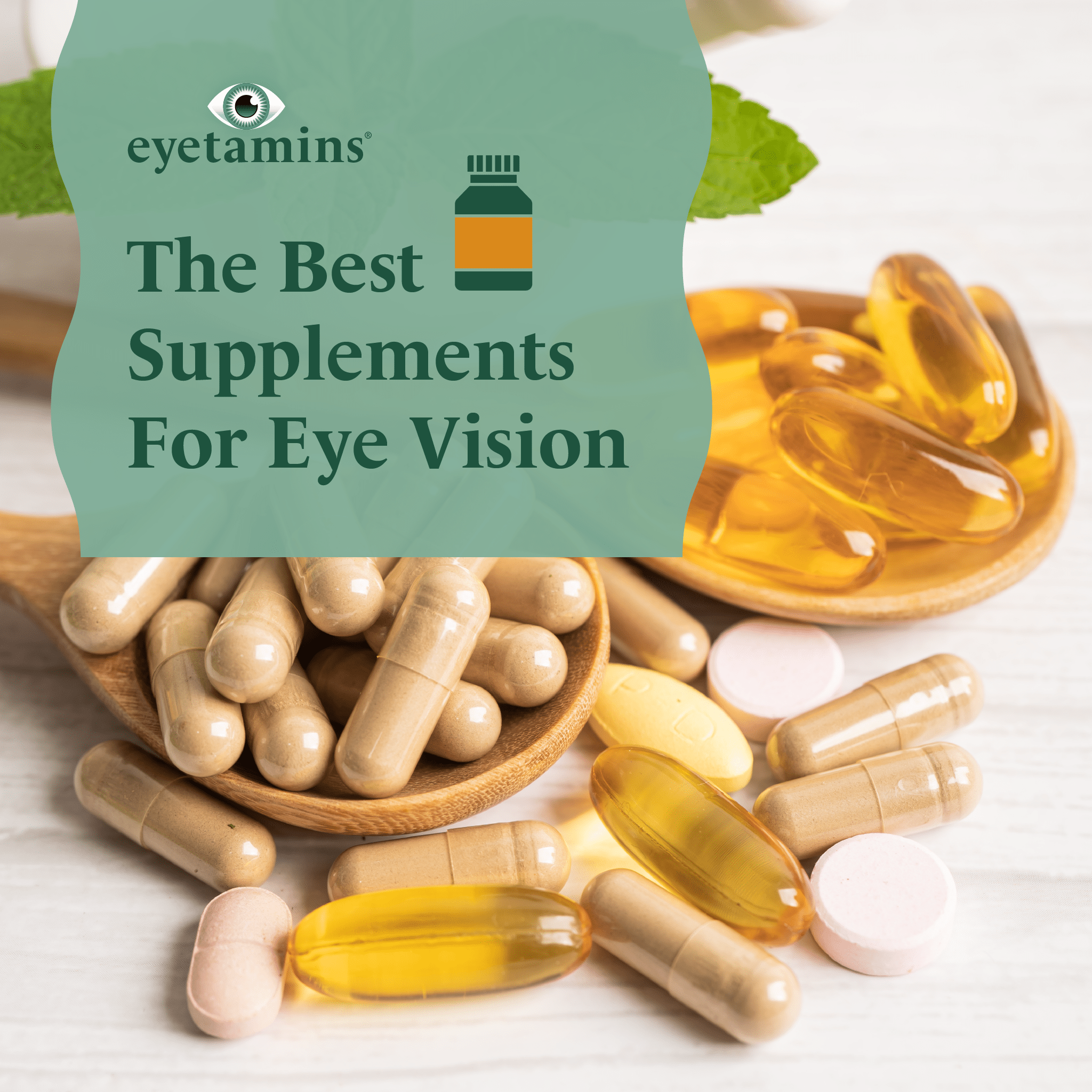· By Kaushal M. Kulkarni, M.D.
8 Nutrients That Will Optimize Your Eye Health
Eye health is affected by a number of factors ranging from our dietary habits as well as our exposure to things like light or dry environments. Fortunately, there are several clinically proven nutrients that are great for optimizing eye health in both children and adults. Here’s a round-up of our favorite nutrients for keeping your eyes good and healthy.
1. Vitamin A
A lack of Vitamin A is the most common cause of blindness in the world. Yes, you read that right.

It is vital. This is because vitamin A is essential for maintaining your eye’s photoreceptors (the bit that processes light). Without vitamin A, you would not be able to see in the dark and you would suffer from a dry eye condition.
2. Lutein and Zeaxanthin
These essential vitamins are yellow carotenoid antioxidants, known as macular pigments. They are found in the macula, at the center of the retina, which is a layer of light-sensitive cells on the back of your eyeball. They are thought to play a pivotal role in protecting your eyes against the blue light emitted from technological devices (such as the one you are reading this article on).
However, most of the time, they function as natural sunblock from harmful things like UV light. For a healthy dose of Lutein and Zeaxanthin, we recommend taking our vitaleyesTM product.
3. Omega 3 Fatty Acids
Long chain omega 3 fatty acids, such as DHA and EPA, are the foundation of good eye health and a healthy supply of Omegas like Omega 3 can be found in our sea berry vitamins. DHA is prevalent in the retina. Here it helps maintain the eye’s daily activity. Additionally, it assists with brain and eye development in children.
As such, there is nascent scientific evidence that a DHA deficiency can impair vision, especially in children. Evidence also demonstrates that people taking omega-3 supplements may also show a reduced risk of developing dry eyes.
4. Gamma-Linolenic Acid
Gamma-linolenic is an omega-6 fatty acid that is located in small amounts in our modern diets. The most important thing about this fatty acid is that it is an anti-inflammatory. Again this can help combat the dreaded dry eye and optimise eye health, more generally.
5. Vitamin C
Your eyes require huge amounts of antioxidants to function - indeed they need more than most of your other organs, even the heart. Of all the antioxidants, Vitamin C is king - despite the fact that research still needs to take place to fully work out its benefits. The concentration of vitamin C is higher in the aqueous humor of the eye than in any other body fluid. But what is this? The aqueous humor is the fluid that covers the outermost part of your eyeball, acting as a protective shield.
6. Vitamin E
Still keeping with the antioxidants, here is vitamin E. Vitamin E is not a stand alone vitamin. It is in fact a group of fat-soluble antioxidants, which protect fatty acids from harmful oxidation. As your retina has a lot of fatty acids inside it, Vitamin E consumption is helpful to optimise your eye health. Severe vitamin E deficiency can lead to retinal degeneration and blindness, although you're paramount source of the vitamin should be your diet.
7. Zinc
Believe it or not, your eyes contain very high levels of zinc. Cool, is it not? Zinc is a pillar of many essential enzymes, including many antioxidants. It also is involved in the formation of visual pigments in your retina. As a result, a lack of this vital mineral may lead to night blindness.
Frequently Asked Questions (FAQ’s):
1. What vitamin is used for the improvement of vision?
Again, all vitamins contained in this list will benefit your eyes.
2. Can eye vitamins improve vision?
Vitamins and other nutrients have been shown in research to be beneficial for maintaining eye health and good vision. As their name suggests, eye vitamins are designed to add, not replace, the nutrients you get in a balanced diet.
3. Are eye vitamins worth taking?
Of course, eye vitamins have been clinically proven to help improve eye health.
4. What should we eat to improve eyesight?
Fish, leafy greens, nuts, fruit and berries are all good for improving eyesight.
Conclusion
At the end of the day, eye health is incredibly important. To prevent poor eye health in the future, we need to eat a healthy diet and that includes taking the right vitamins to get the proper nutrients. As mentioned above, our eye vitamins products are fantastic for not only preventing eye health issues but also for attributing to healthy eyes.


